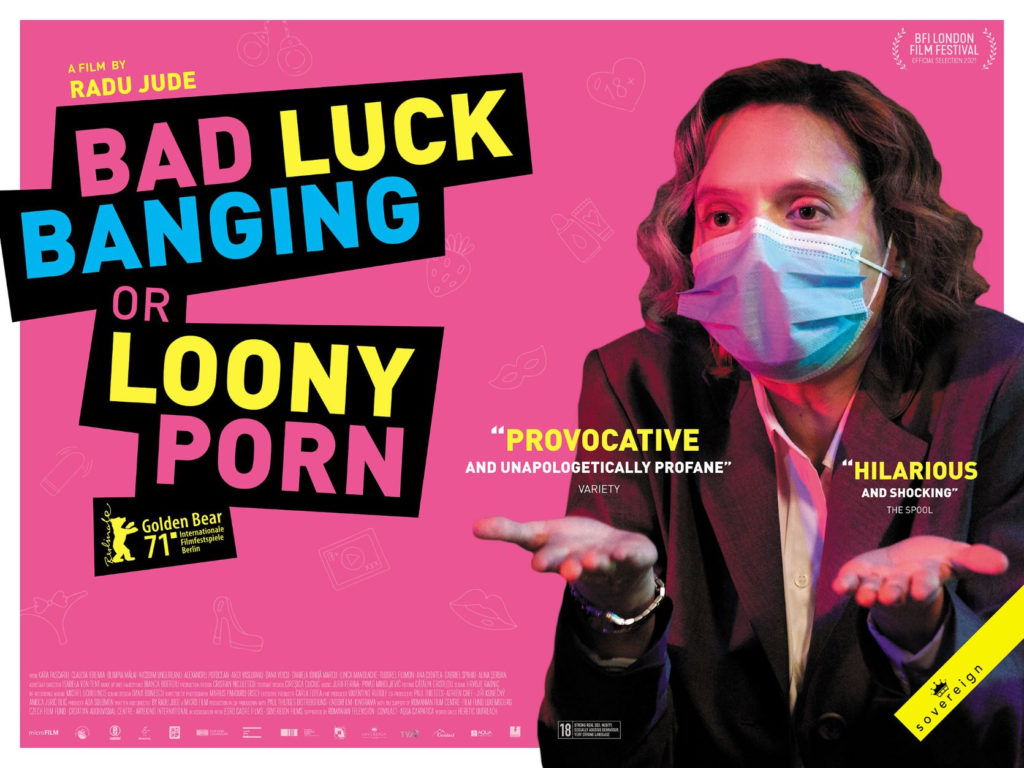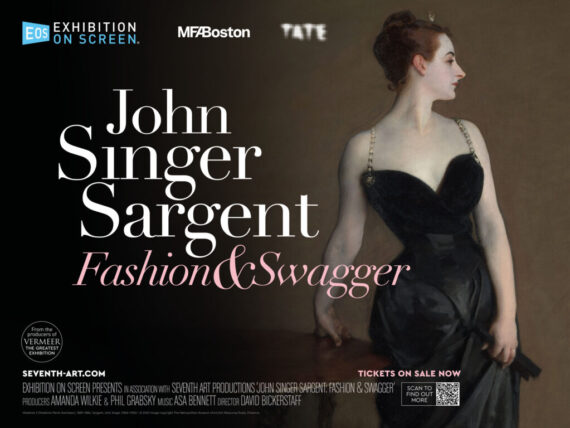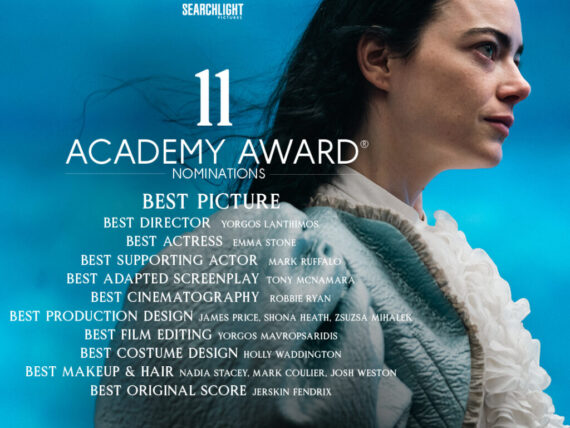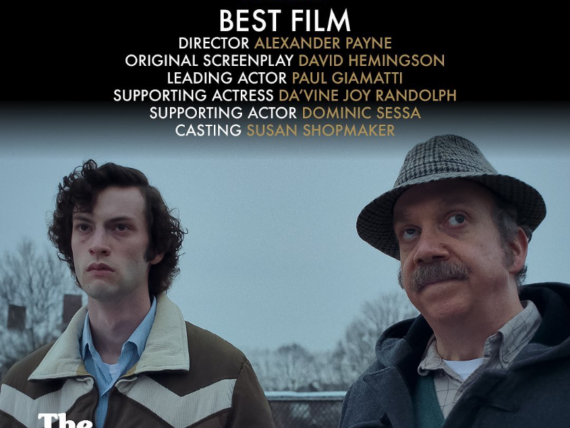by Helen Tope
Highly charged and confrontational, Bad Luck Banging promises you an unforgettable experience. Directed and written by Romanian film-maker Radu Jude, the film starts with an explicit scene of a couple having sex.
It transpires that the woman being filmed is Emilia, who works as a teacher in a prestigious school in Bucharest. Her husband Eugen uploads the homemade video onto an adults-only website, however, the video finds it way onto P*rnhub. Emilia (played by Katia Pascariu) is frantic as the video is then discovered by her pupils. She finds herself in the maelstrom of a scandal, and is summoned to the school for a parent-teacher meeting.
We follow Emilia as she walks through the city to the meeting. Jude’s camera is inquisitive – it breaks away from its lead to look at aspects of Bucharest – crumbling facades, pockets of wealth and austerity. Even with little dialogue, Bad Luck Banging editorialises. It does not escape our notice that a teacher at a fee-paying school cannot afford the bus.
Emilia gets worse news as she travels. Her husband phones to say that the video they thought had been taken down has reappeared on P*rnhub. The images – saved and reuploaded – are a comment on the infinitely replicating nature of online p*rnography. Pascariu brilliantly conveys the humiliation and paranoia felt by Emilia. On her way to the meeting, Emilia stops at a second-hand bookshop as a brief respite. Discussing a book she wants to buy with the owner, the conversation turns nightmarish as he suddenly recognises her and begins to laugh.
The film is separated into three parts, and Part II of Bad Luck Banging (or ‘Short Dictionary of signs, anecdotes’) detaches itself from the story, and Jude takes us into an interlude of experimental montage. While this technique (a series of abstract images disrupting a conventional, linear narrative) has been used before – for example, in Terrence Malick’s The Tree of Life – here the editorial thread is clear, concise and packed with challenging ideas. Jude explores Romania’s history, ancient and modern, and examines it alongside the country’s remaining problems. While communism in Romania ended in 1989 with the execution of dictator Nicolae Ceausescu, Romania’s record on wealth disparity, domestic violence, misogyny and ingrained racism toward marginalised groups is offered up to the glare of the spotlight. Rather than being an adjunct, this fragment helps us make sense of what we have already seen, and the parent-teacher meeting becomes loaded with meaning, as contemporary Romania is examined up close and personal.
Bad Luck Banging in its depiction of sexuality and morality very much bridges the divide between comedy and drama. Jude’s multi-faceted screenplay moves between existential concerns, broad comedy and deep satire with a microscopic gaze aimed at this point in the 21st century. Outwardly progressive but inwardly prudish, the parents’ reaction to Emilia’s assertion that she has done nothing wrong, is worth waiting for. She works as a history teacher, and tries to jolt them out of their conservatism, suggesting these beliefs are “paradigms, not eternal truths”. As the meeting descends into chaos, the film, declaiming itself as “but a joke”, turns it back on resolution, instead giving us three proposed endings, each one more delicious than the last.
This film doesn’t shy away from controversy, but more than that, it develops into a think piece that places the narrative’s opening gambit within a context of historical and political knowledge. Without it, Bad Luck Banging would be enjoyable but feather-light. The montage – more than just an experimental piece of film-making – anchors the story and gives it depth. A bright, witty take on where we are right now, and how we got here in the first place – Bad Luck Banging is cohesive, successful film-making, and will leave you feeling thoroughly satisfied.
Bad Luck Banging is showing at Plymouth Arts Cinema from 20th – 25th January 2022.









Comments
No comment yet.